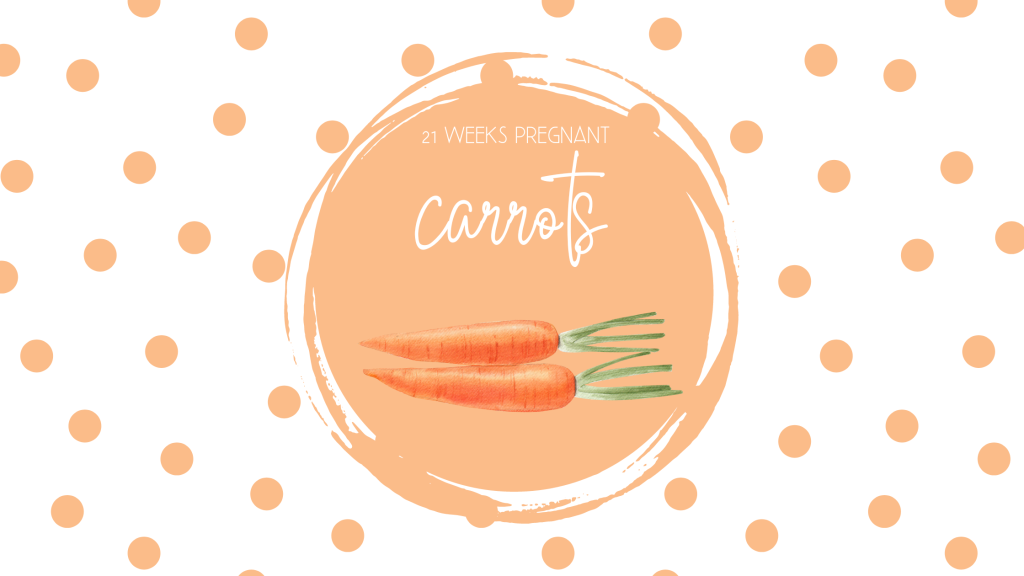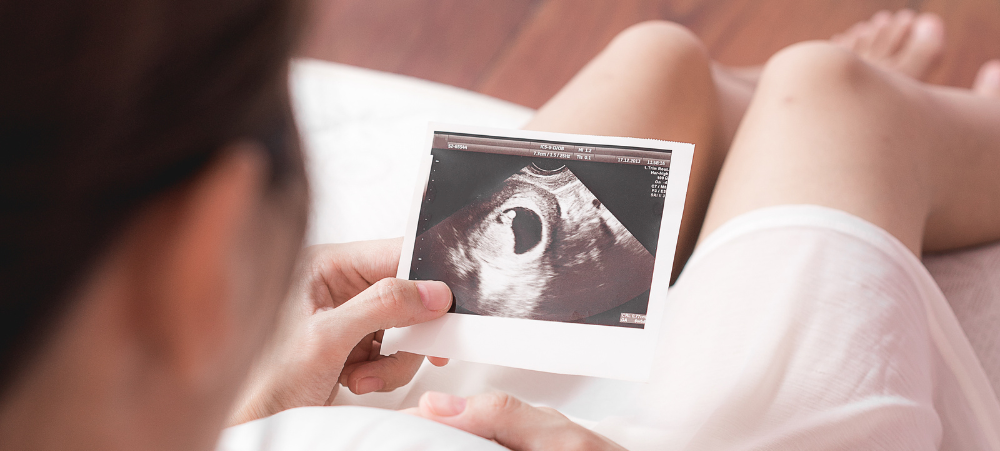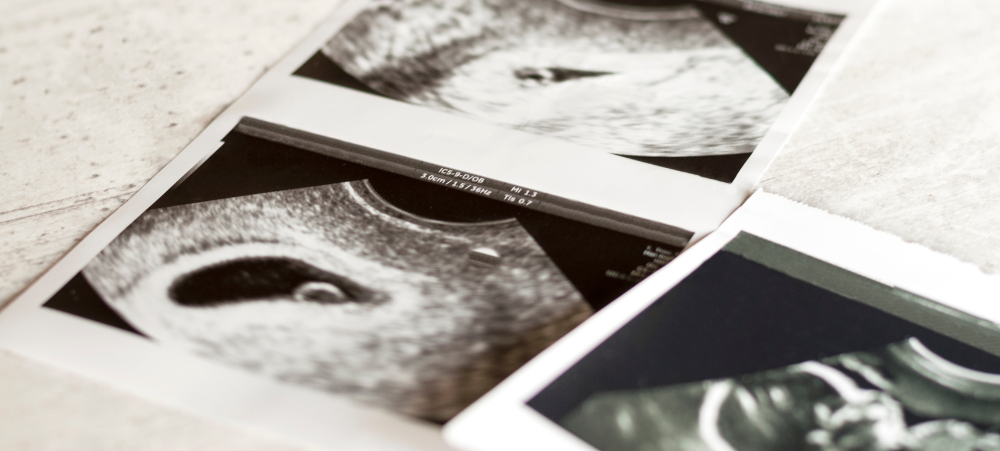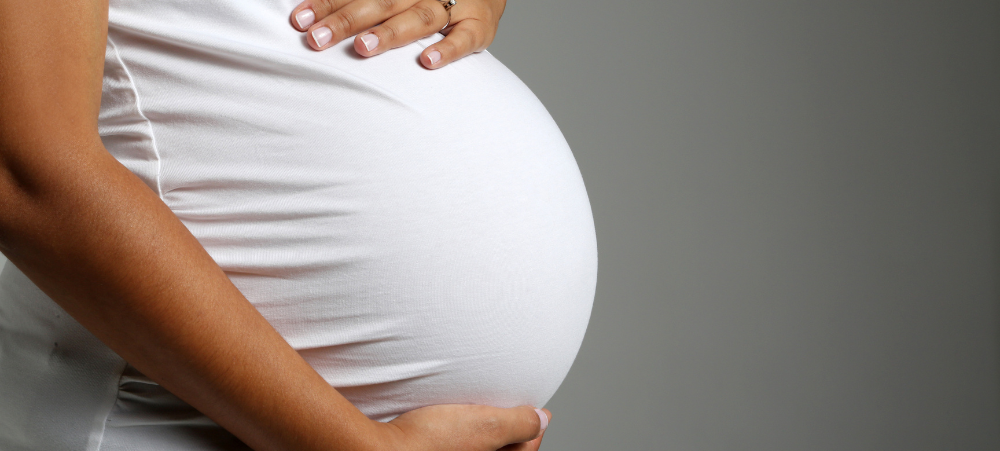At week 21 of your pregnancy you’re now just over half to meeting your baby for the first time. You’re still in your third trimester, so take advantage of feeling better with a smaller baby bump while you can.

Your body at week 21
Typical pregnancy symptoms during this are an achy back, swollen feet, heartburn, hot flashes, forgetfulness (nicknamed ‘baby brain’) and leg cramps. You may have also noticed stretch marks on tummy, breasts, thighs and butt, and this is thanks to your quickly growing tummy and baby.
Headaches during pregnancy are fairly normal, especially if you’re slightly tired or dehydrated. However, if you experience bad headaches for hours on end, or ones that won’t go away, consult your doctor as you may have high blood pressure. This is also known as pre-eclampsia, which is a pregnancy complication characterised by high-blood pressure and protein in your urine.
Your baby at week 21
Your baby is now the length of a banana or a carrot. Around this time your baby will also start sleeping and waking at different times (not necessarily the same as yours though). Your baby is also drinking amniotic fluid, although the placenta is how they receive the majority of their nourishment.
Things to keep in mind at week 21
Braxton Hicks contractions are also known ‘false labour’ and they are your body’s way of preparing you for labour. These contractions are your womb contracting and relaxing and while they can be uncomfortable, they aren’t painful. Braxton Hicks contractions vary in length, and aren’t rhythmic, which is what differentiates them from normal contractions.
There isn’t a treatment for these contractions, but changing your position (if you’re lying down) or taking a relaxing bath or nap can help ease them. If you’re unsure of whether or not you’re having Braxton Hicks contractions or labour contractions, contact your doctor immediately, as you may be going into preterm labour.
For 2025 we have a renewed Female Health Programme:In collaboration with CareWorks, it’s accessible to all female members aged 18 and above, with an emphasis on preventative care and early detection of female-specific health issues. In addition, we have an enhanced Maternity Programme to support expecting mothers. This includes early identification of and weekly engagement for high-risk pregnancies, post-childbirth care and associated mental health follow-up calls for new mums, given the prevalence of pre and postnatal depression. Also, milestone reminders for children under 3 and cover for antenatal vitamins through savings, day-to-day benefits or the Benefit Booster
Bonitas Medical Fund
0860 002 108
View Website: www.bonitas.co.za
- Putting together your birth plan - December 23, 2025
- Breastfeeding tips - December 15, 2025
- Mental health matters during the festive season: Let’s normalise getting help - December 11, 2025





